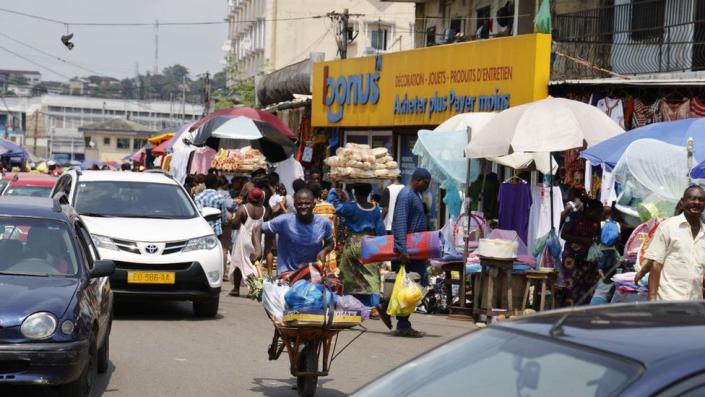Gabon country profile
- Oops!Something went wrong.Please try again later.
- Oops!Something went wrong.Please try again later.
- Omar BongoPresident of Gabon (1935-2009)
- Ali Bongo OndimbaPresident of Gabon
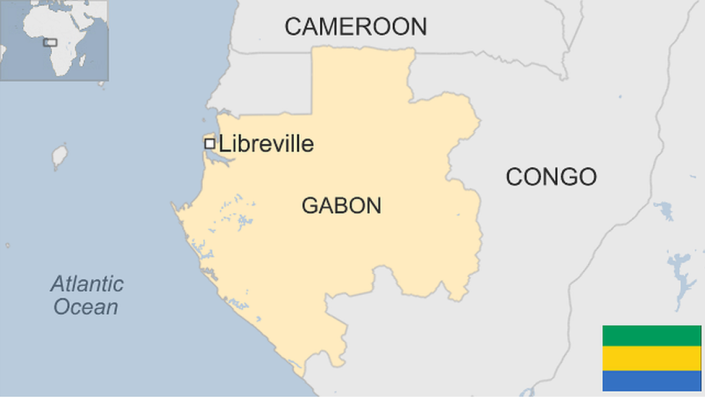
Gabon, located on the west coast of Africa, has one of the region's more stable countries.
Since independence from France in 1960, Gabon has had just three presidents. President Omar Bongo ruled for more than four decades until his death in 2009.
During his rule, Gabon maintained a close relationship with France under a system known as "Francafrique", receiving both political and military support in exchange for business favours.
But relations have cooled since his son Ali won a contested election in 2009 and the French authorities launched a long-running corruption investigation into the family's assets.
Gabon is a major oil producer but a third of its population live in poverty, according to the World Bank.
Read more country profiles - Profiles by BBC Monitoring
LEADER
President: Ali Ben Bongo Ondimba
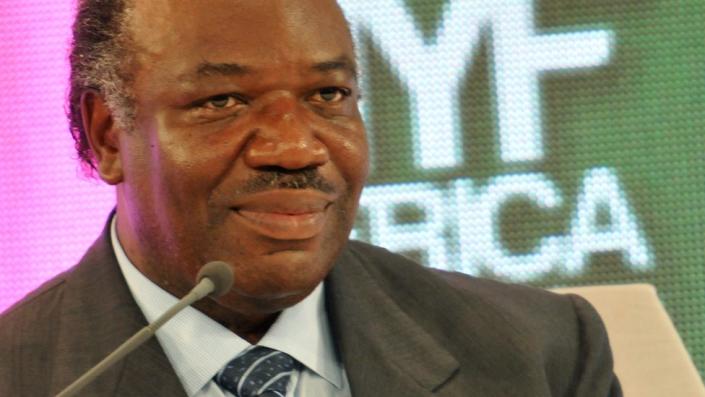
Ali Bongo was sworn in for a second seven-year term in September 2016, after Gabon's constitutional court upheld his narrow victory in a bitterly disputed election.
His main rival Jean Ping described the court's decision as a "miscarriage of justice" amid opposition claims of vote fraud.
Mr Bongo took over from his late father Omar, who ruled Gabon for 41 years until his death in 2009.
He pledged to address some of the issues that have fuelled anger among the country's 1.8 million people, like youth unemployment and over-reliance on falling oil revenues
But his presidency has been overshadowed by a long-running French investigation into allegations of embezzlement involving the Bongo family's assets.
He narrowly won re-election in 2016 in a poll marred by violence and accusations of fraud, and reportedly suffered a stroke in October 2018 that led to concerns about his ability to carry out his duties, or to stand again in 2023.
MEDIA
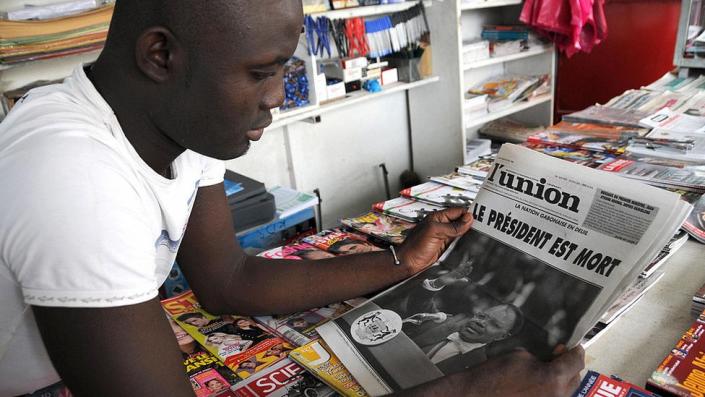
The tradition of a free and independent press has yet to take hold, including online, says Reporters Without Borders (RSF) and journalists commonly self-censor.
Many media outlets were created when a multiparty system was restored in 1990. The online press is growing, while state TV channels such as Gabon Première and Gabon 24 are still very influential despite private competition.
TIMELINE
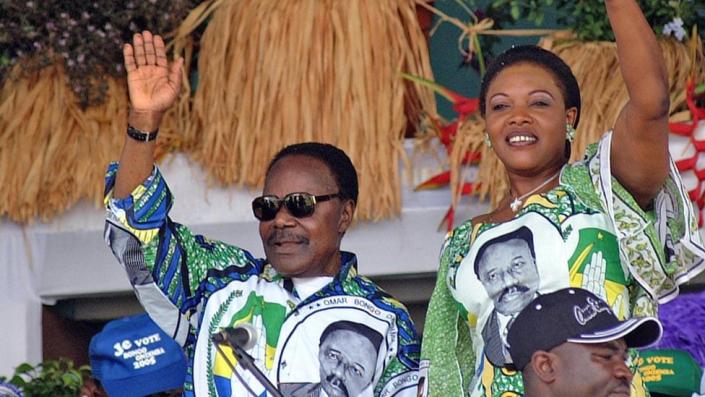
Some key dates in Gabon's history:
14th Century - Bantu migrants settle in the area.
15th Century - Portuguese explorers and traders arrive in the are.
16th Century - European slave traders arrive and the coast becomes a centre of the transatlantic slave trade.
1839-1841 - France signs treaties with Gabonese coastal chiefs. Local Mpongwe ruler signs away sovereignty to the French, who establish a protectorate over the area.
1862-1887 - France expands its control to include the interior of the country.
1910 - Gabon becomes one of four territories making up French Equatorial Africa.
1958 - Gabon votes to become autonomous republic in the French Community.
1960 - Gabon declares independence with Leon M'Ba as president.
1967 - Omar Bongo becomes president after M'Ba dies. He dominates Gabonese politics for over 40 years, serving seven consecutive terms.
1968 - Bongo declares Gabon a one-party state.
1990s - Multi-party political system introduced.
2003 - Constitution amended to repeal term limits, ensuring President Bongo holds the presidency for life.
2009 - Death of Omar Bongo, succeeded by his son Ali.
